News & Media
Unisa and Russian State University for the Humanities explore collaborative opportunities
On 19 April 2024, the Russian State University for the Humanities (RSUH) and Unisa held a significant meeting to discuss potential collaborations and international relations.
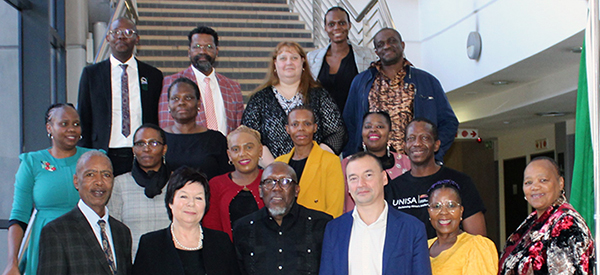
#UnisaDistinguishedScholars and the Russian State University for the Humanities representatives
Key players in the global education arena
Unisa's commitment to fostering international collaborations and expanding its global footprint was evident during a pivotal meeting between the university management, comprised of vice-principals, executive deans and other heads of directorates, and the RSUH delegates. This significant encounter was a strategic exploration of potential partnerships aimed at enriching Unisa's open, distance and e-Learning (ODeL) platform, and bolstering its internationalisation efforts. The dialogue underscored Unisa's proactive approach to cultivating relationships with esteemed institutions such as RSUH, demonstrating a mutual interest in advancing educational practices and facilitating cross-cultural exchanges.
The RSUH delegation was led by Pro-Vice Chancellor, Prof Vera Zabotkina, and Dr Alexander Zotin, Director of International Study and Research Centre for Applied African Studies. The Unisa delegation, on the other hand, was led by Prof Zethu Nkosi, Executive Dean of the College of Human Sciences (CHS), supported by several other members from CHS. The delegation comprised Prof Thenjiwe Meyiwa, Vice-Principal: Research, Postgraduate Studies, Innovation and Commercialisation; Prof Solomon Magano, Vice-Principal: Institutional Development; and Dr Angie Magabane, Director: Internationalisation and Partnerships Directorate, among others.
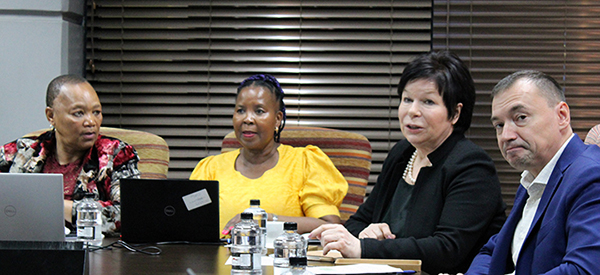
Engagements between delegates of the Russian State University for the Humanities and Unisa
During the meeting, Zabotkina highlighted RSUH's eagerness to establish international interrelations programmes with Unisa, including a double doctoral programme. Such relations would allow the Unisa community to benefit from RSUH's annual summer and winter schools and its distinguished student culture, which could potentially exchange with Unisa's vibrant culture.
Furthermore, Zabotkina showcased RSUH's museum, which attracts visitors from far and wide. This presentation was complemented by the digital archival exhibition presentation done by Zotin. In response, Tshegofatso Seoka, curator of the Unisa Art Gallery, took the Russian delegates on a gallery tour, which led to the proposal of hosting a joint curated exhibition to commemorate the liberation relations between Russia and the SADC region. This exhibition will be linked to the library and information services units from both institutions, drawing attention to archival records on liberation movements and activities that have been declassified.
The proposed collaboration between RSUH and Unisa is an exciting opportunity for both institutions to exchange knowledge, culture and expertise, potentially leading to significant advancements in the humanities field.
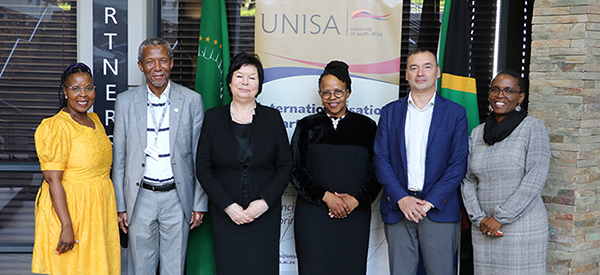
Siza Magubane (Deputy Director: Internationalisation and Partnerships Directorate), Prof Solomon Magano (Vice-Principal: Institutional Development), Prof Vera Zabotkina (Acting Vice-Rector: International Cooperation, RSUH), Prof Thenjiwe Meyiwa (Vice-Principal: Research, Postgraduate Studies, Innovation and Commercialisation), Dr Alexander Zotin (Director: International Study and Research Center for Applied African Studies, RSUH) and Dr Angie Magabane (Director: Internationalisation and Partnerships Directorate).
By engaging in such deliberations, Unisa continues to position itself as a key player in the global academic arena, committed to fostering innovation and collaboration on an international scale, while seeking to expose its reach for both students and staff.
Among the topics explored for potential partnership are collaborating on an international solidarity exhibition, as well as cooperation in the fields of linguistics, modern languages and international politics. Following extensive deliberations, Meyiwa alluded to the possibility of establishing a memorandum of understanding between the two esteemed universities to formalise their agreed-upon exchanges and broaden their influence in global education
* By Dr Daniel Rankadi Mosako, Department of Library and Information Services, additional reporting by Godfrey Madibane, Acting Journalist, Department of Institutional Advancement
Publish date: 2024-04-25 00:00:00.0


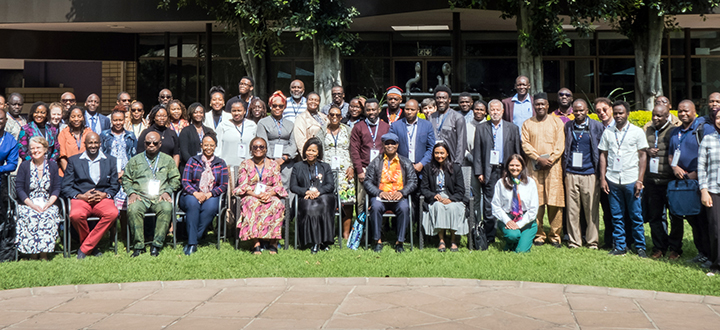 Social policy in post-Covid Africa: In search of an inclusive and equitable architecture
Social policy in post-Covid Africa: In search of an inclusive and equitable architecture
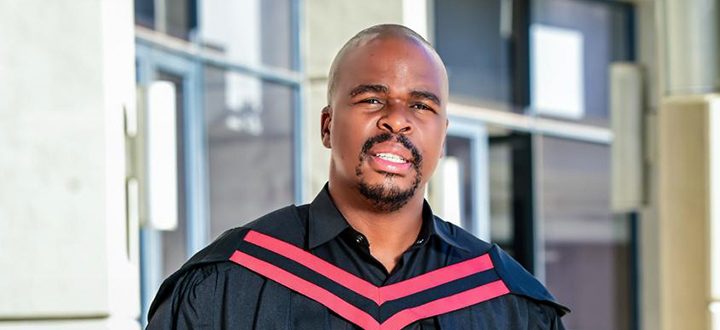 Education in pursuit of social justice
Education in pursuit of social justice
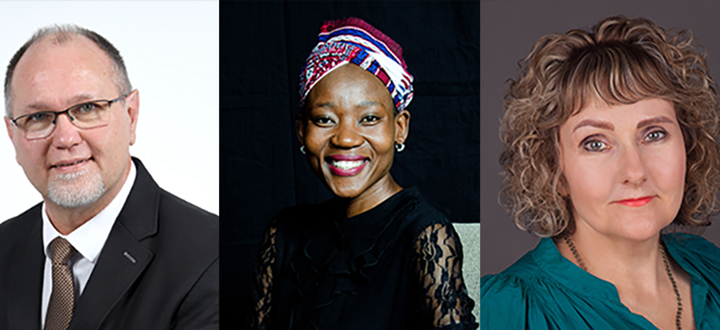 Unisa shows that developing countries are equal partners in research management and administration capacity development
Unisa shows that developing countries are equal partners in research management and administration capacity development
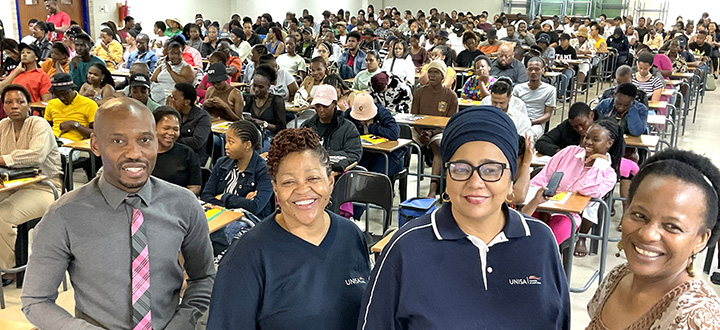 Unisa KZN Career Fair bridges the gap between students and employers
Unisa KZN Career Fair bridges the gap between students and employers
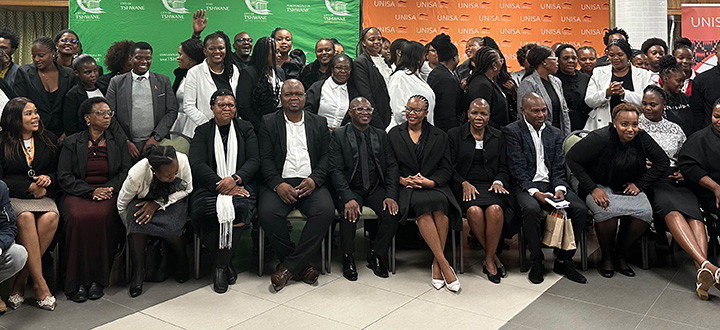 Unisa academics join hands to celebrate World Social Work Day
Unisa academics join hands to celebrate World Social Work Day